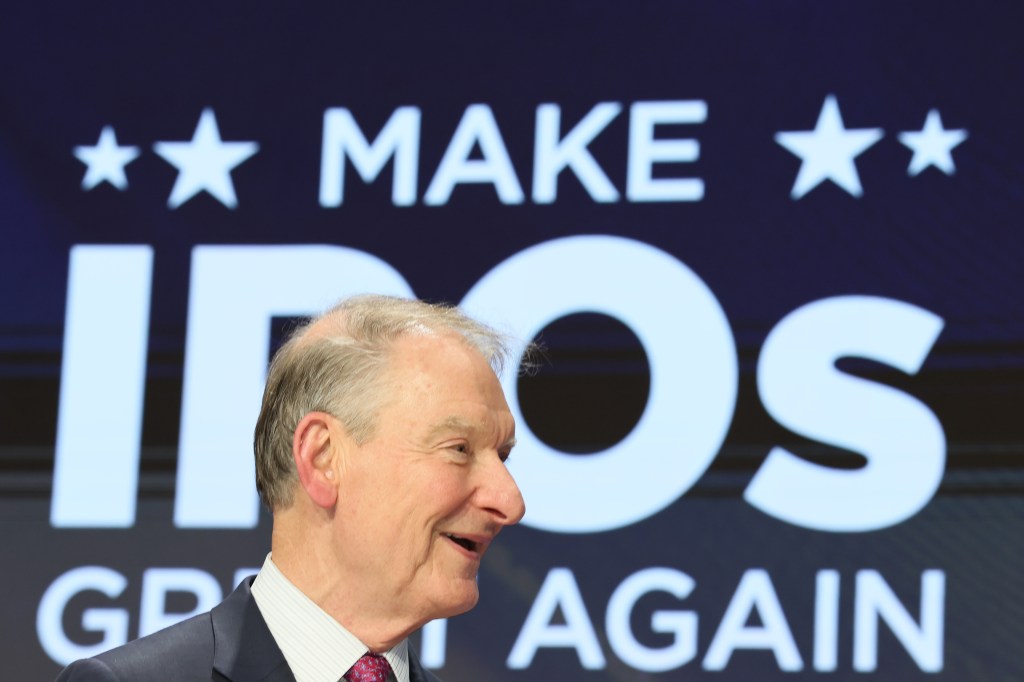Swiftly racing to the finish line, Gary Gensler’s SEC issued an array of announcements about recent settlements with recognizable businesses and even a few executives, including one chief compliance officer. The charges ranged from firms making misleading claims, supervisory failures, anti-money-laundering program failures and other compliance lapses.
Let’s dig in.
Register for free to keep reading
To continue reading this article and unlock full access to GRIP, register now. You’ll enjoy free access to all content until our subscription service launches in early 2026.
- Unlimited access to industry insights
- Stay on top of key rules and regulatory changes with our Rules Navigator
- Ad-free experience with no distractions
- Regular podcasts from trusted external experts
- Fresh compliance and regulatory content every day













